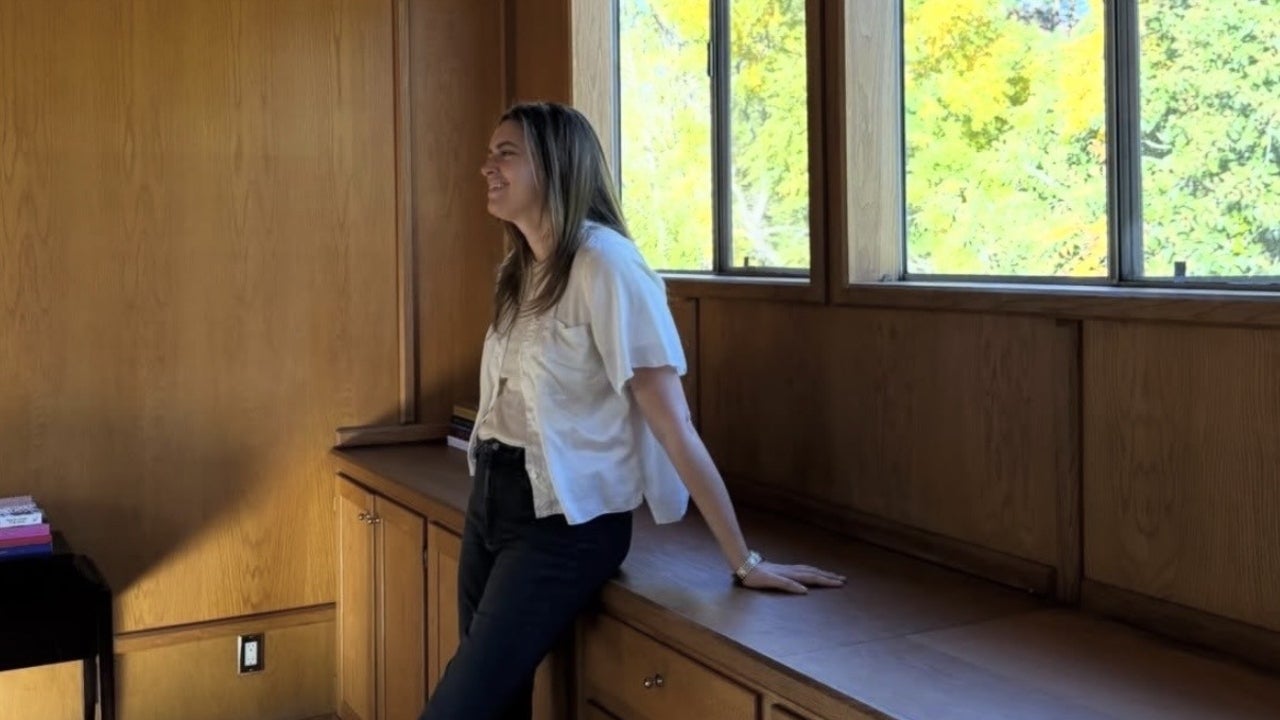Don’t Clench
Grievances can lead to toothaches and other pains. Gabriel Cohen on letting go. The post Don’t Clench appeared first on Lion’s Roar.

Recently I suffered, grimacing, through several days of a bad toothache, soldiering through the pain in hope that it would spontaneously fade. Finally, I gave in and went to see my dentist. While he took a set of X-rays, I winced even more in the expectation that I would require oral surgery, which might result in what I call a wallet-ectomy. (The last time this happened, I’d been forced to get an implant, which cost about as much as a used car.)
My dentist had surprising news, though: He couldn’t see anything wrong—at least not anything physical. He looked down at me. “Have you recently experienced any stress that might make you clench your jaw?”
I blinked in confusion, but when I thought about it, it made sense. For the past several weeks I’d been dealing with someone who was abusing his position of authority. Because of several unpleasant encounters, I’d been having trouble sleeping at night, and during the day, I was brooding over how he was able to get away with it.
“Sometimes it’s best to avoid engaging in order to prevent the transmission of bad energy.”
My dentist said he could fashion an expensive custom mouth guard, but being an honest sort, he suggested I take a cost-free approach—just try to become aware of when I was unconsciously tightening up. (He said that our teeth should only touch when we eat.)
For the next week, I had to continually remind myself to breathe deeply and relax my jaw. As I did so, I wondered why I had let the abusive authority take up so much real estate inside my head.
I remembered an ancient Buddhist parable. An elderly monk and his young protégé were traveling through the countryside when they came across an old woman standing next to a surging river, unable to cross. The old monk promptly told her to climb up on his back, and he carried her to the other bank. She thanked him, and the two monks went on their way. As they walked along, the younger monk was troubled, but he kept his thoughts to himself. Finally, after a couple of hours, he felt compelled to speak.
“Teacher, you know that our vows do not allow us to touch women, and yet you lifted that old woman right up on your back.”
The old monk’s eyebrows went up. “I set her down hours ago. Why are you still carrying her around?”
The story now feels a bit tainted by its chauvinism, but I have to give the old monk credit. He recognized that being kind was more important than adhering to dogma.
I’d love to be so wise and balanced, but when I look in the mirror, all too often it’s the young monk I see. In him, I recognize my own habit of obsessing when puzzled or troubled by someone else’s behavior.
I wish I could be the kind of person who lets such things just roll off them, like the proverbial water off a duck’s back. I think of something the Dalai Lama once wrote: “If the situation or problem is such that it can be remedied, then there is no need to worry about it. Alternatively, if there is no solution, no possibility of resolution, then there is also no point in being worried about it, because you cannot do anything about it anyway.” In either case, worrying is a waste of energy and time. Christians have their own version of this wise saying: “God, grant me the serenity to accept the things I cannot change, the courage to change the things I can, and the wisdom to know the difference.”
Intellectually, the good sense is clear, yet when I have an encounter with someone who seems difficult, I tend to be emotionally porous. I find myself inhaling their miasma of negative energy and making it a burden that I carry. Why do I let that happen? I can suggest two main reasons.
Part of it is that my parents put a premium on respecting other people and behaving honorably. Given that I have spent a number of decades on this planet, I realize that this may sound naive, but I still expect other people to behave as my parents taught me. When they don’t, it violates my fundamental sense of how things should be.
The second reason is considerably different. It has taken me a long time to learn that when I feel angry, it’s often not just a response to injustices I’m seeing around me. My ire is actually a protective mechanism. If someone in a position of power treats me unfairly, that can push my buttons, causing me to wonder whether I might’ve done something wrong, or whether I’m good enough to deserve respect. I get stuck on the anger because it saves me from having to face shame.
All too often my immediate impulse is to project anger outward. As a writer, I waste inordinate amounts of time composing irate letters in my head, designed to make the perpetrator feel ashamed. Over the years, a wise friend convinced me that actually sending these letters is a bad idea. I know that venting may provide short-term relief, but I have learned to ask one crucial question: Will doing so help me or hurt me in the long run?
At times, the wisest course is to firmly oppose someone who is behaving in a malicious way, but someone with serious antisocial tendencies is not likely to be deterred by either reason or shame. Years ago, I studied tai chi, and I learned something valuable that I should have applied to this new situation: When confronted with aggression, you need not strive to meet it with equal or greater force—you can simply glide aside and let your assailant’s own impetus carry them away. Sometimes it’s best to avoid engaging in order to prevent the transmission of bad energy.
And that’s what I decided to do with the person who was causing me to grit my teeth. I did not engage, and I did not clench, and a few days later, the pain in my jaw was gone.

Gabriel Cohen is author of five novels and the nonfiction book “Storms Can’t Hurt the Sky: A Buddhist Path Through Divorce.”

 BigThink
BigThink 































